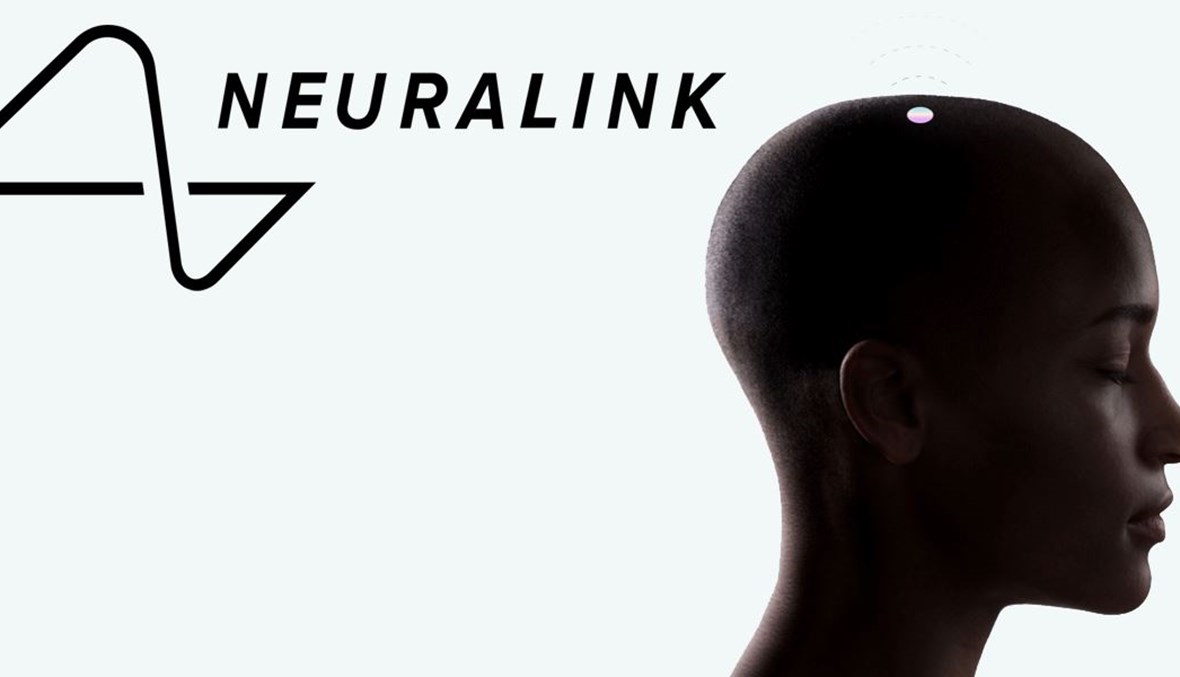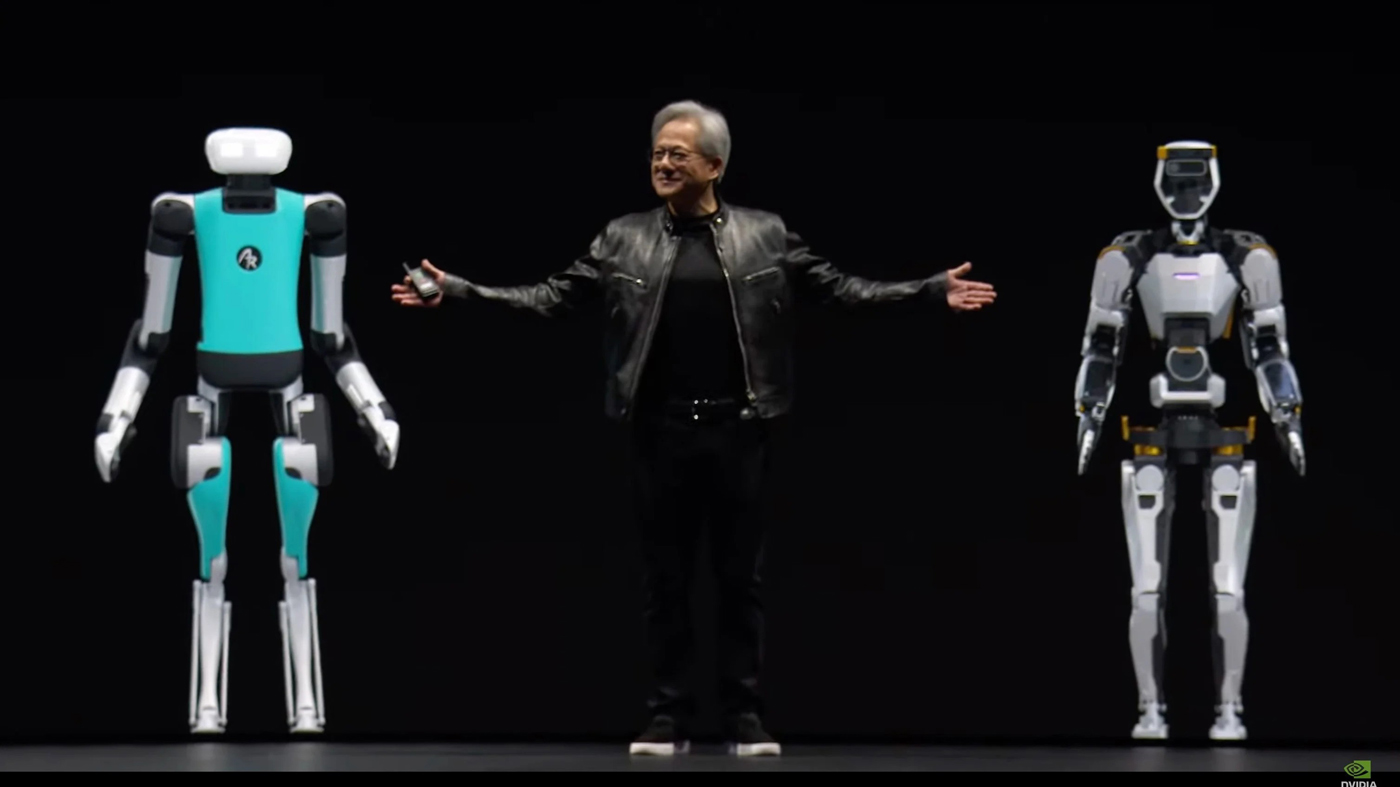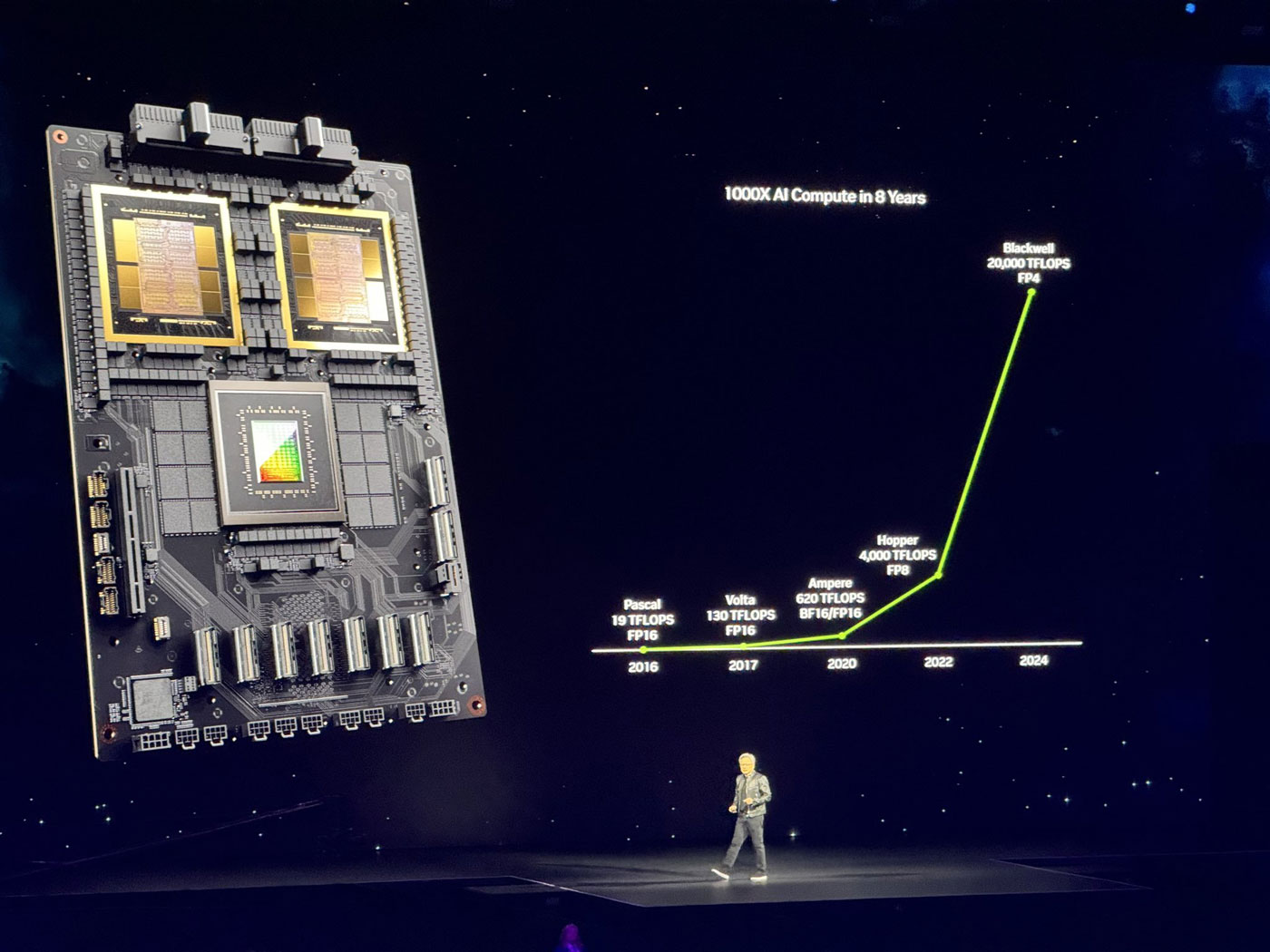The first human Neuralink patient moving cursor and playing chess using just his brain
Elon Musk’s Neuralink grabbed headlines this week, unveiling the first human recipient of its brain implant in a much-anticipated livestream. Noland Arbaugh, a 29-year-old paralyzed from a diving accident, captivated viewers with a live demonstration of playing chess and “Civilization” using only his thoughts.
While some speculated this marked the dawn of human telepathy – a la science fiction – experts caution that mind-to-mind communication remains firmly in the realm of dreams. Neuralink’s current focus is firmly on restoring functionality for those with paralysis. Their brain-computer interface (BCI) technology decodes brain signals into movement intentions, allowing individuals like Arbaugh to control computers or external devices with just their thoughts.
— Neuralink (@neuralink) March 20, 2024
Early Signs of Success
Arbaugh’s demonstration showcased the potential of Neuralink’s implant. Witnessing him maneuver a cursor and strategize in games was a powerful testament to the technology’s potential to improve the lives of those with paralysis.
Excitement over the breakthrough is tempered by lingering questions about the trial itself. Neuralink has garnered criticism for its lack of transparency. Key details like the number of participants, trial locations, and even the specific outcomes being measured remain shrouded in secrecy.
The company hasn’t registered the trial on ClinicalTrials.gov, a public database for human medical studies. Instead, information has trickled out via Musk’s social media pronouncements and a brief company brochure. This lack of openness raises concerns about potential ethical lapses and hinders independent scrutiny of the research.
FDA Approval Paves the Way
Despite the secrecy, Neuralink did secure a crucial green light from the US Food and Drug Administration (FDA) last year, allowing them to proceed with this initial human trial. This regulatory approval is a major victory, signifying a potential path towards wider adoption of the technology.
However, the road to full-fledged BCI integration is still long. Challenges abound, including further refining the technology, ensuring long-term safety, and navigating the complex ethical considerations surrounding brain-computer interfaces.
Investors Take Notice
The reveal sent a jolt through the investment community. Neuralink has raised over $230 million in funding, with big names like Google Ventures on board. However, translating this initial success into a commercially viable product will require significant further development and a clear pathway towards regulatory approval for broader use.
The Bottom Line: A Promising Glimpse
Neuralink’s human implant reveal offers a tantalizing glimpse into the future of BCI technology. While telepathic communication may be a distant dream, the potential to restore lost function is significant. Yet, the lack of transparency surrounding the trial raises concerns. As this field progresses, robust ethical frameworks and open communication will be crucial to ensure these powerful technologies are developed and deployed responsibly.





